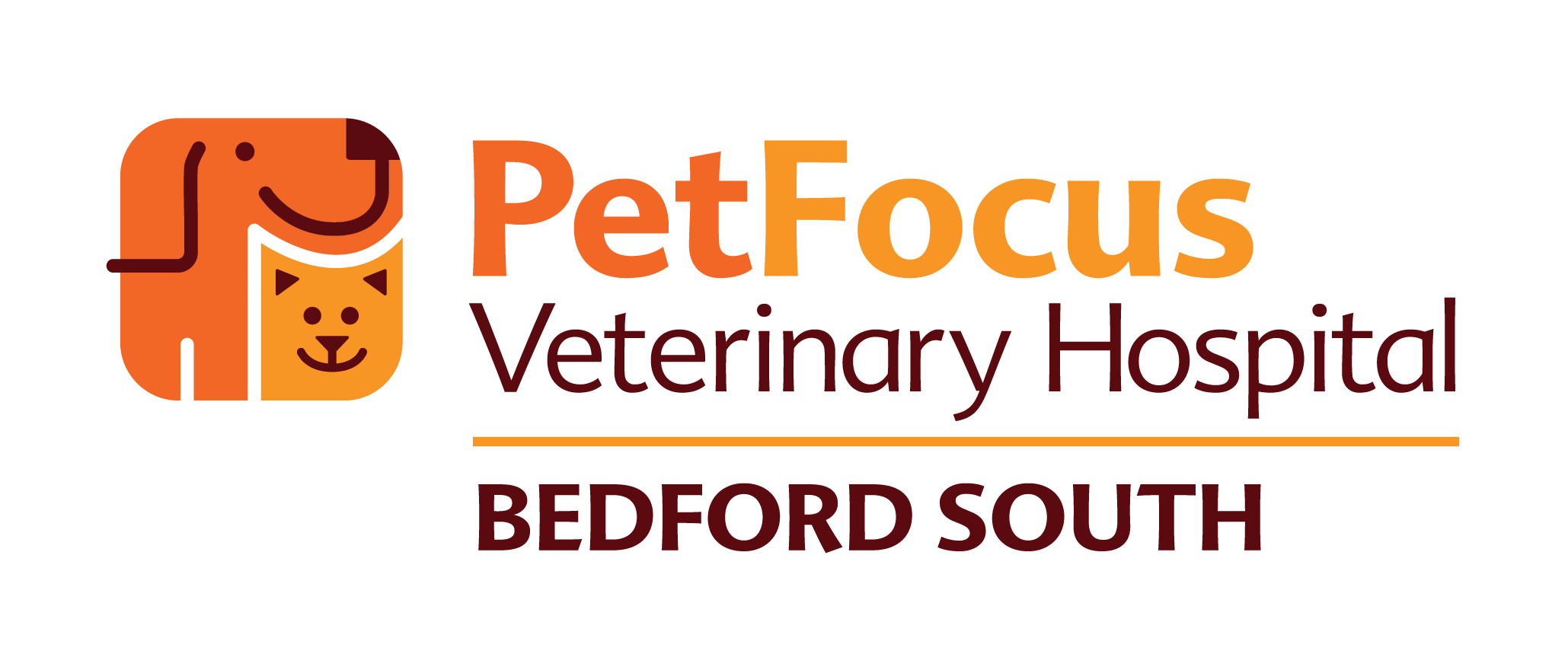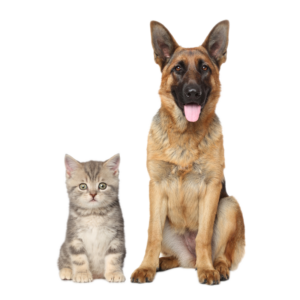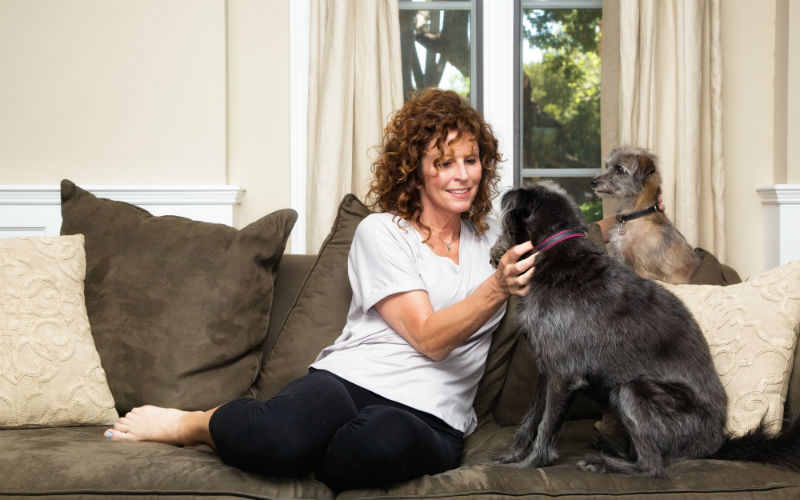The Night Before Surgery
When you are preparing for surgery, make sure to ask the veterinarian whether or not you should give your pet any medication they normally take. While in some cases it may be important for your pet to continue taking the medication, in others, it will be more important to have an empty stomach during surgery.
Additionally, you may want to bath your pet the night before surgery. This is because you are not going to be able to groom your pet for several days after surgery, so if they require a nail trim, ear cleaning, or bath this is the time to do it. If you have a difficult time grooming your pet normally, you may see if you could have this service performed while your pet is under anesthesia. If your pet doesn’t require a bath make a point to at least give them a good brushing.
The day before surgery, do not go on any long walks. This can result in muscle soreness the following day something your pet doesn’t need. They will already be sore from the surgery, they don’t need muscle soreness on top of that.
Also, consider washing your pet’s bedding. This ensures that their sleeping space is as clean as possible to reduce the risk of infection. It’s important for surgeries, that your pet be fast beforehand. Take away food and treats from your pet the night before surgery and make sure there is no way for them to sneak any extra snacks. They can have water through the night, just make sure their not filling up their little bellies from being hungry. If your pet somehow does eat before surgery, let your vet know. If your pet has a special health condition such as diabetes, then speak with your veterinarian to receive clear instructions.
Morning of Surgery
Remember no breakfast or treats allowed. Always allow yourself plenty of time to arrive at the veterinary hospital. Being late will put stress on your veterinarian, staff and your pet. Make sure you leave a contact number so that you can be called as soon as they wake up from surgery, or in case there is any other reason your veterinarian needs to contact you.
After Surgery
Pets recovering from surgery should only be allowed outdoors to relieve themselves, but be aware that some pets may need more frequent bathroom breaks than usual, especially if they were given fluids during surgery or hospitalization. When taking your pet outdoors, make sure that he’s urinating and defecating, as expected and keep them on a leash at all times.
If your pet is receiving any post-op medication, make sure that they receive the proper doses that your veterinarian prescribed. Following your veterinarian’s instructions exactly will help your pet make a full recovery. Watch for any signs of discomfort or unusual behaviour, prevent them from irritating the area of the incision and call your veterinarian if you have any concerns.
Written by Erin Pettipas, VA



